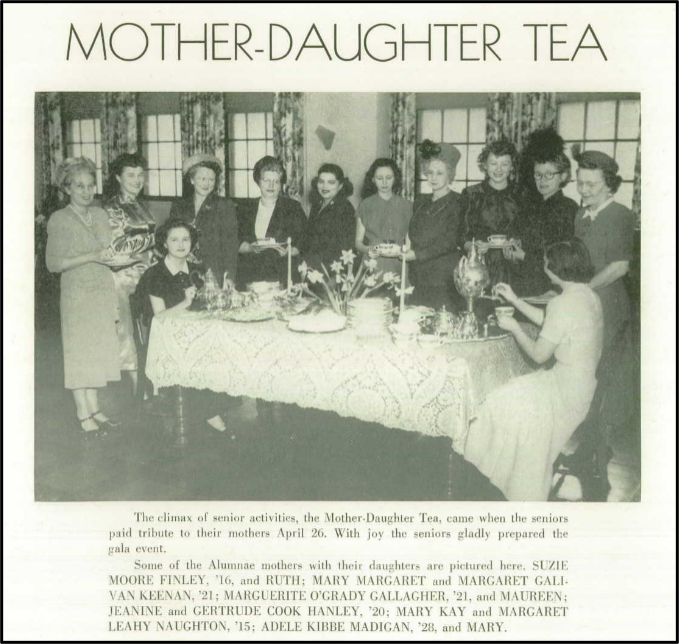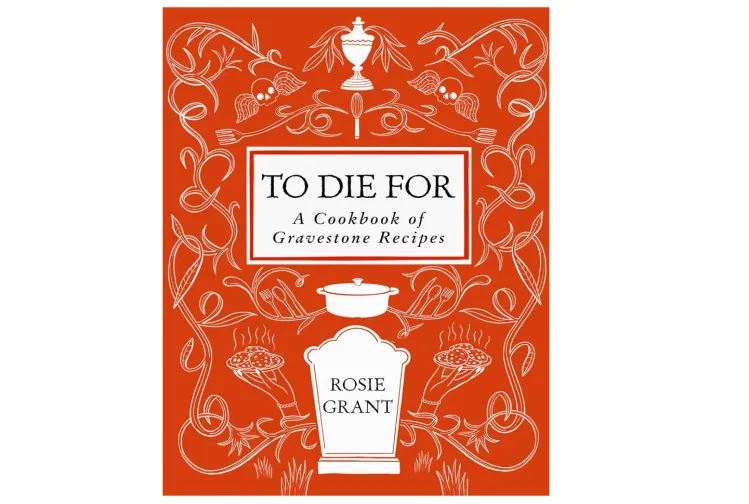Cass Gilbert and the Roselawn Cemetery Chapel, Roseville, Minnesota
I love reading history. I love working for genealogy research clients when their ancestral needs fit right into my own area. I love it when area media has an article or news story about history in my own area and yesterday’s story is special because I drive by the place a couple times each week and wave to my family buried there. A recent news story on local TV station KSTP here in Minnesota covered this place 1.7 miles from my apartment and where some of my family are buried. Alexander Charles (A. C.) Stuart and Emma Louise (Slaker) Stuart are one set of my great grandparents. They and three of their daughters are buried in the same lot at Roselawn Cemetery. Their oldest son, my Grandpa Earl James Stuart and Grandma Olga Theodora Stuart are buried .8 miles away from them in Elmhurst Cemetery. The KSTP story on Cass Gilbert’s building at Roselawn Cemetery along with a photo is here https://kstp.com/kstp-news/top-news/so-minnesota-twin-cities-cemetery-connected-to-legendary-architect/ “So Minnesota: Twin Cities cemetery connected to legendary architect” reminded me that the famed architect Cass Gilbert designed the chapel that is prominent at the main entrance to the beautiful cemetery.
If that name is familiar to you, it might be because he designed the Minnesota state capitol building, the Supreme Court Building in Washington, DC, and other notable buildings. The Smithsonian states “His first major commission was the Minnesota State Capitol (1895), which he modeled after the National Capitol and the dome of St. Peter’s, Rome. Gilbert returned to New York in 1899 when he won the prized commission for the design of the U.S. Customs House. This was followed by many other major projects. The most famous of these was the Woolworth Building in New York (1913); with its fifty‑five stories and Gothic ornament it is considered Gilbert’s greatest achievement. Firmly supportive of the European tradition and eastern academic architecture, Gilbert continued his numerous and successful designs until his death in 1934. Among his many familiar public buildings are the Treasury Annex and the Supreme Court in Washington, DC, the state capitol buildings of West Virginia and Arkansas, and the public libraries of St. Louis and Detroit. https://www.si.edu/object/archives/sova-nmah-ac-0214



